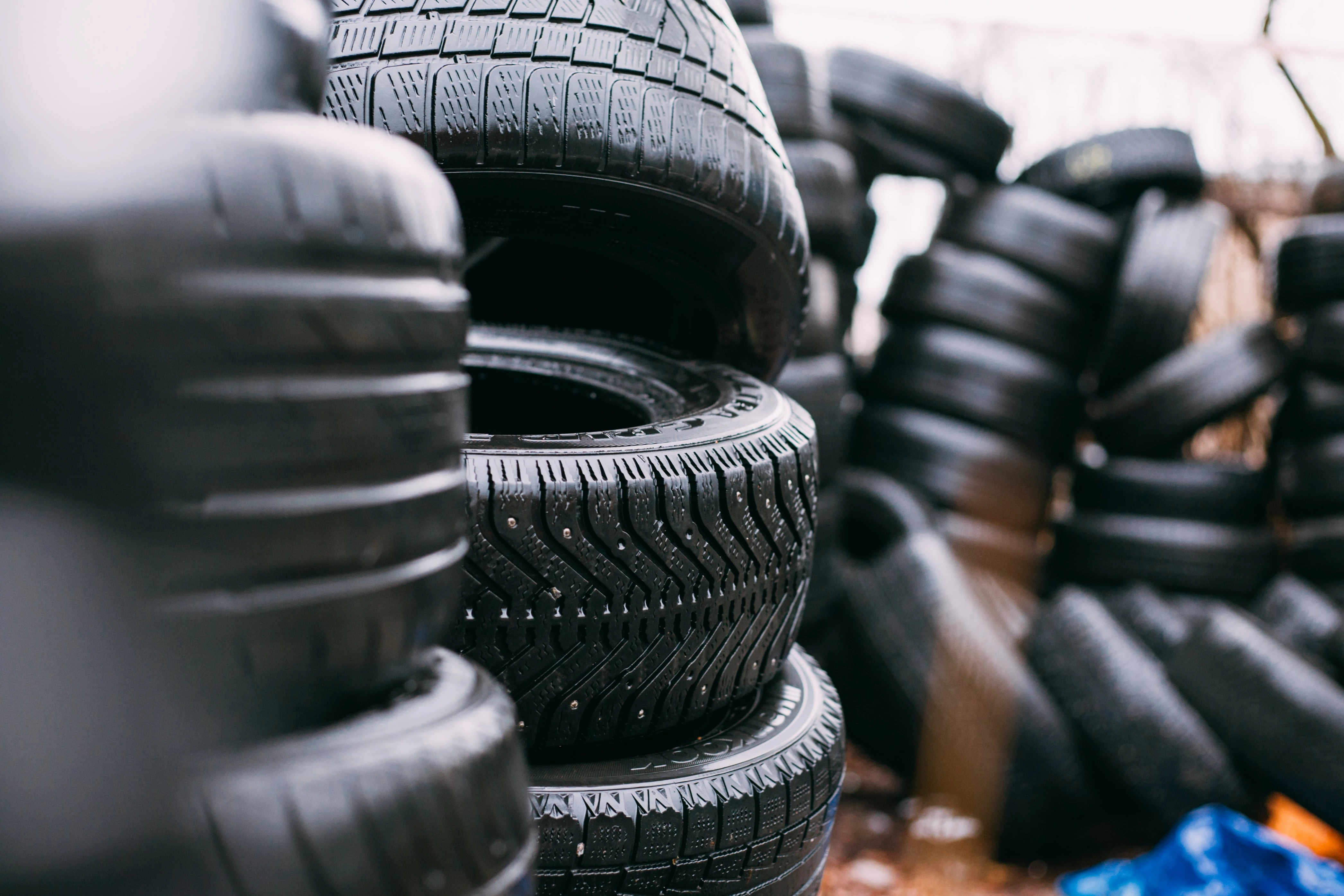
Newcastle University and Wastefront announce partnership to drive innovation in recovered carbon black
Wastefront AS and Newcastle University today announce a partnership to undertake a study into the characterisation and enhancement of Wastefront’s recovered carbon black (rCB).
Newcastle Uni’s partnership with Nordic circularity company Wastefront will see industry innovation take place in the North East, ensuring the region is at the forefront of progressing circularity across Europe.
Wastefront is now gearing up to play a crucial role in eliminating the UK’s waste tyres export, creating a local, circular solution to a global problem.
Through preventing the burning of waste tyres in cement kilns, Wastefront will use commercial operating technologies to convert end-of-life-tyres (ELTs) into useful commodities including rCB.
The study will focus on rCB interaction with rubbers and its correlation with industrial applications, supporting Wastefront’s efforts to enable the rCB it produces to be used in new products.
The scope of work undertaken by Newcastle University over the next 18 months will develop methods to reduce inorganic components in rCB, improving its chemical and material properties to ensure Wastefront produces a superior product compared with its rCB competitors. This will include identifying rCB reinforcement in rubber goods.
Wastefront CTO, Henrik Selstam, comments: “Circularity is central to the work Wastefront is undertaking to tackle the scourge of ELTs - and expanding our understanding of recovered carbon black is key to realising this goal. As we continue to grow, so too will the uses and capabilities of our products - none more so than recovered carbon black.”
Professor Brian Walker adds: “We are delighted to add this exciting partnership with Wastefront to our portfolio of research that advances sustainable innovation and the circular economy and enables progress towards a net-zero economy.
“Wastefront will promote inclusive economic growth here in the North East, with its roots in the local area and the construction of its new plant at the Port of Sunderland.”
Once fully operational in 2025, Wastefront’s £100m tyre recycling plant in Sunderland will produce rCB from a supply of 20% of the UK’s yearly total of ELTs. By integrating Wastefront’s rCB into new tyres, the emissions for each tyre subsequently produced will be reduced by 80%.
Looking to promote your product/service to SME businesses in your region? Find out how Bdaily can help →
Enjoy the read? Get Bdaily delivered.
Sign up to receive our daily bulletin, sent to your inbox, for free.








 The value of using data like a Premier League club
The value of using data like a Premier League club
 Raising the bar to boost North East growth
Raising the bar to boost North East growth
 Navigating the messy middle of business growth
Navigating the messy middle of business growth
 We must make it easier to hire young people
We must make it easier to hire young people
 Why community-based care is key to NHS' future
Why community-based care is key to NHS' future
 Culture, confidence and creativity in the North East
Culture, confidence and creativity in the North East
 Putting in the groundwork to boost skills
Putting in the groundwork to boost skills
 £100,000 milestone drives forward STEM work
£100,000 milestone drives forward STEM work
 Restoring confidence for the economic road ahead
Restoring confidence for the economic road ahead
 Ready to scale? Buy-and-build offers opportunity
Ready to scale? Buy-and-build offers opportunity
 When will our regional economy grow?
When will our regional economy grow?
 Creating a thriving North East construction sector
Creating a thriving North East construction sector